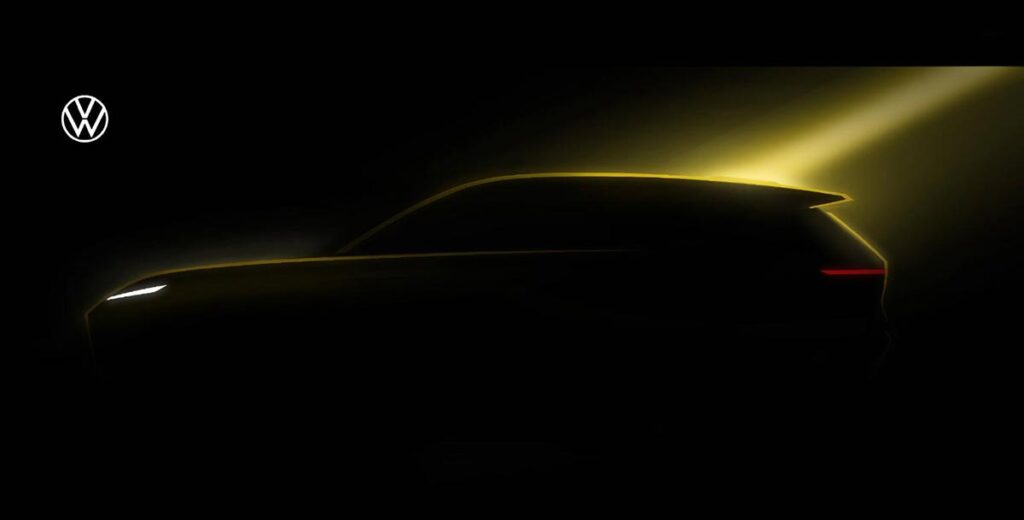The joint sourcing program will reduce platform costs by sharing the combined scale of the two companies and leveraging Volkswagen’s supply chain, Xpeng said.

(Image credit: Volkswagen)
Xpeng (NYSE: XPEV) and Volkswagen Group have signed a new agreement aimed at accelerating the development of collaborative models and reducing costs through joint sourcing to remain competitive in the highly contested Chinese market.
Xpeng and Volkswagen have signed a joint sourcing program for common components for vehicles and platform used by both companies, according to a statement from the Chinese EV maker today.
By sharing the combined scale of the two companies, leveraging Volkswagen’s supply chain, the joint sourcing program will reduce the platform costs together, creating significant synergies for the strategic partnership and the competitiveness of both companies’ B-class battery electric vehicles (BEVs), Xpeng said.
“Through the partnership with XPENG, we are not only accelerating development times, but also boosting efficiency and optimizing cost structures,” said Ralf Brandstätter, board member of Volkswagen AG for China.
“This increases the competitiveness in a highly price sensitive market environment significantly,” Brandstätter added.
The joint sourcing program is part of a master agreement on platform and software strategic technical collaboration with Volkswagen that Xpeng announced today.
The master agreement will accelerate the joint development of two B-class BEVs and paves the way for a broader and deeper strategic collaboration in the future, Xpeng said.
Xpeng’s statement didn’t offer much more on the joint models, but according to Volkswagen’s statement, the two will initially co-develop two Volkswagen-branded midsize vehicles, the first of which will be an SUV.
Through joint development, the product launch cycle will be shortened by more than 30 percent, with the first two models going on sale in 2026, Volkswagen said.
“In the world’s largest and fastest-growing EV market, speed is fundamental when it comes to tapping into promising market segments,” Brandstätter said.
On July 26, 2023, the two companies announced that Volkswagen will invest about $700 million to acquire about 4.99 percent of Xpeng, and that the two plan to co-develop two Volkswagen-branded electric models for the Chinese mid-size car market.
Xpeng and Volkswagen will utilize their respective core competencies, the Xpeng G9 platform, as well as connectivity and ADAS (Advanced Driver Assistance System) software to build the two models, the Chinese EV maker said last July.
The G9, Xpeng’s flagship SUV, was initially released on September 21, 2022. On September 19, 2023, Xpeng launched the updated G9 with lower prices.
At the end of September 2023, He Xiaopeng, chairman and CEO of Xpeng, visited Volkswagen’s headquarters in Wolfsburg, Germany. The strategic cooperation between the two companies in the supply chain will lead to cost reduction potential, He said at the time.
“We have started to realize synergies through our Joint Sourcing Program. I firmly believe there is a lot of upside potential to this partnership that we can explore,” He said in Xpeng’s statement today.
China is the world’s largest EV market, but also one of the most competitive, with cost — and thus vehicle price — critical.
A new round of price war erupted in China’s EV market after the Chinese New Year holiday earlier this month, putting pressure on almost all players — especially those with less ability to control costs.
The fierce competition has also caused EV makers to launch new models, as well as refreshed models, in the Chinese market at a significantly faster pace. So far this year, EV makers including BYD (HKG: 1211, OTCMKTS: BYDDY), Zeekr, and Nio (NYSE: NIO) have launched updated models.

